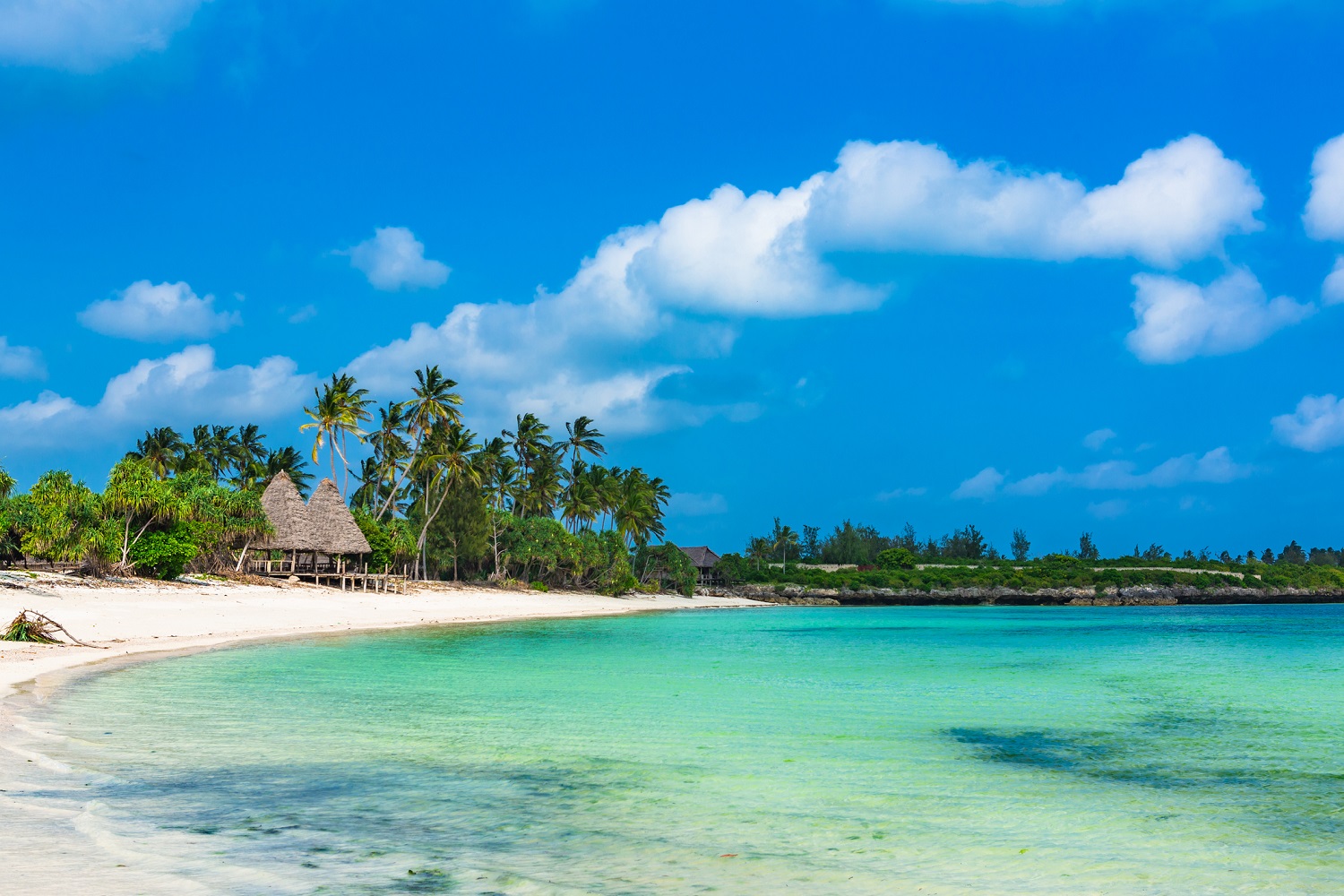A welcome escape – In Zanzibar life’s a beach
Zanzibar is an island paradise. Welcome to a escape from negativity we had to deal with

Picture: iStock

Picture: iStock
Subscribe to continue reading this article
and support trusted South African journalism
 SUBSCRIBE
SUBSCRIBE
It is OK to dream. To imagine palm trees, an azure ocean with wavelets lapping on the beach, colourful cocktails in hand and a place where a momentary lapse of the reason is a welcome escape from the barrage of negativity, we have all had to deal with over the past eighteen months of the pandemic.
Zanzibar is open and a three and a bit hour hop across southern Africa lands you’re in paradise for about the same price as a holiday at home. What is different from most other island holiday destinations is the great variety of accommodation that is available. From el- affordable backpackers’ accommodation through to the luxury of five- and six-star resorts. And even those are not priced out of a Rand budget.
Now is the best time to go, as the global dearth of tourists has caused pricing to drop significantly. The budget airline operates between Joburg and Zanzibar twice weekly now with whispers of another carrier joining the route soon. There is nothing better than a beach holiday and with Zanzibar’s almost year-round great weather, even the monsoon season between May and August is worth it.
The only question, really, is which hotel, for how long, and how much? It is recommended to head to the north of the island where the beaches are best and the tidal retract is not as pronounced. The east coast beaches see the ocean withdraw quite a bit during low tide, but this is awesome for exploring a still relatively untouched shallow seabed. Just mind the sea urchins, it hurts like hell if you step on it.
ALSO READ: PICS: Inside the R14k-a-night Mandela hotel
The water is warm, it is clean, and you can spend hours on the beach. Most hotels and resorts have a bar and snacks nearby and – unlike at home – deck chairs are usually well scatted and socially distanced on every beach, many with a side table and umbrella.
You can spend a day on the beach tanning, reading, swimming and just switching off with the consistency of white noise from The water is warm, clean Island paradIse: welcome escape from the negativity we had to deal with In Zanzibar life’s a beach the sea blocking out thoughts of bills, traffic jams and its ilk.

Do not go to Zanzibar for fewer than four days. There is a lot to do beyond lazing on the beach. Recommended is a day trip to Chumbe Island and Coral Park, a tiny islet off the east coast with in- credible snorkelling, a private chill hut for the day and great locally-inspired meals. Otherwise, go and see the endangered red colobus monkeys in their natural habitat, take the Spice Tour and learn about the island’s taste history.
For a different kind of cultural experience, visit the Kuza Cave Centre, which has people living in caves, as they have done for millennia. Safari Blue is another popular snorkelling trip with your base, a giant sandbank in the middle of the Indian Ocean’s blue.
The Rock restaurant only has a handful of tables, must be booked in advance and is built inside a giant rock in the ocean. For an authentic seafood experience, fresher than fresh, this is your destination. Zanzibar’s capital Stonetown is a World Heritage Site and was first described in Greek texts around the 2nd century.
It later became settled by local tribes and was colonised many times by the Omanis, Germans and the British. Architecturally, the Arabic in- fluence is dominant.

Stonetown was both an important holding area for the middle-eastern slave trade as well as a large exportion as the Spice Island.
Must-visits are the Sultan’s Old Fort, his House of Wonders residence and the Slave Museum. The central market will take up a morning on its own; and at night, opposite the Old Fort, a local food market serves up delicious and cheap local fare.
Music legend Freddy Mercury was a Zanzibarian, and his childhood home has become a shrine to the singer. Food to try in Zanzibar must be the Zanzibar pizza, a rice flour-based dough, thinly fried and more like a pancake is filled with savouries or, deliciously, some Nutella and ice cream.
Cassava made properly does not have to taste like a dusty gravel road, and here, locals cook it lekker. Hotels serve it frequently and it’s well worth a bite or two. Mandazi is triangular looking doughnuts, not too sweet, and sometimes slightly spiced with cardamom. Pilau rice, a traditional east African way of cooking it in stew juice, so to speak, is a delicious side to almost anything. It is also a traditional festive accompaniment and a staple delicacy in Tanzania.
Recommended from a lower budget perspective is Uroa Ba, a resort popular with South Africans. Most resorts offer full (drinks included) and half board options (no alcoholic drinks or local brands included and two meals daily). Africa Stay, who first launched the Joburg-Zanzibar route as charters with Mango have partnered with Global Airways to provide weekly departures between Joburg and the island paradise.
Access to the top content, vouchers and other member only benefits